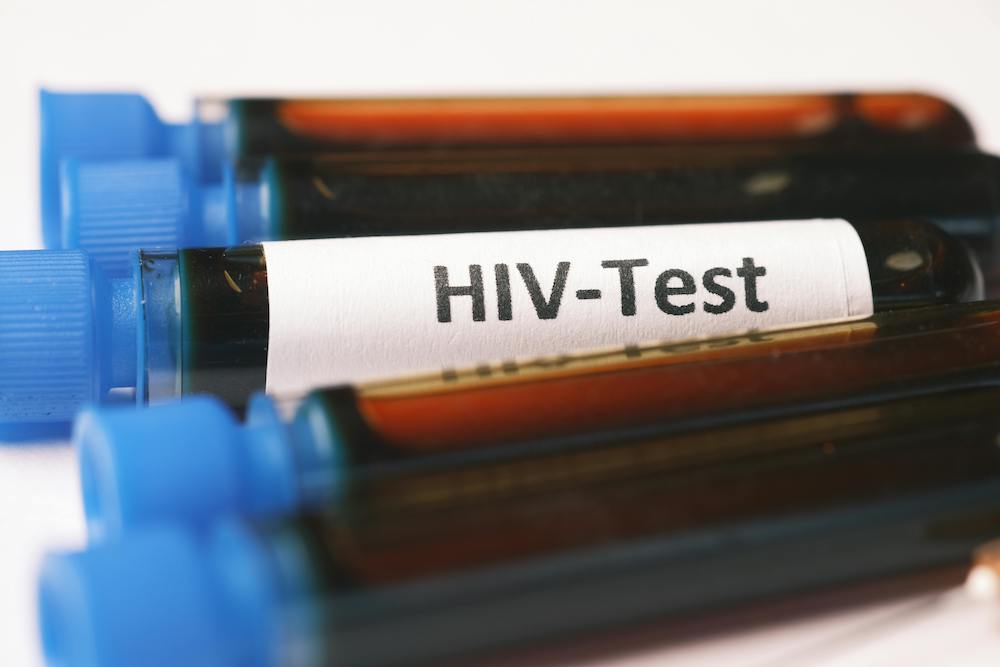
24
Jun
Know Your Status! HIV positive women who know their status and take HIV medications during pregnancy and delivery significantly reduce transmission of HIV...
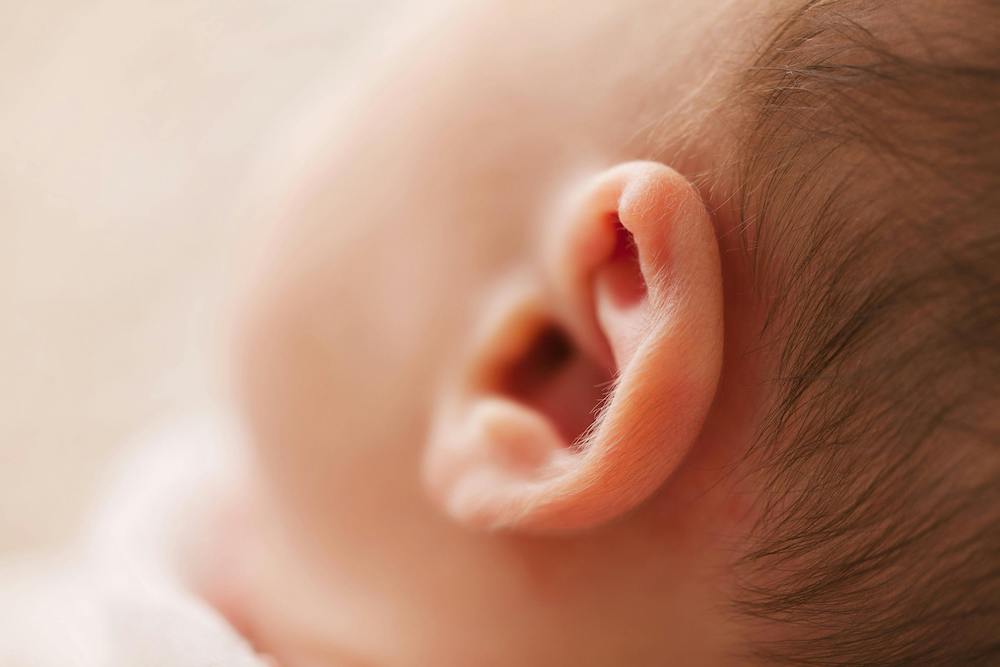
17
Jun
One in three children are infected with CMV by age 5 - and - half of adults have CMV by age 40.¹
This June we’re bringing awareness to the Cytomegalovirus (CMV), a very common virus in the Herpes family, that can cause congenital problems in an unborn baby and serious health problems in newborns. Getting educated on the signs of CMV in babies can help reduce long term issues by getting treatment early.

10
Jun
When a mother feels supported by her partner during pregnancy, she experiences less stress. This is great for mother, baby and partner!
During the month of June, we celebrate Father’s Day. Let’s shine a light on all the wonderful ways partners support and show love to their pregnant significant others!
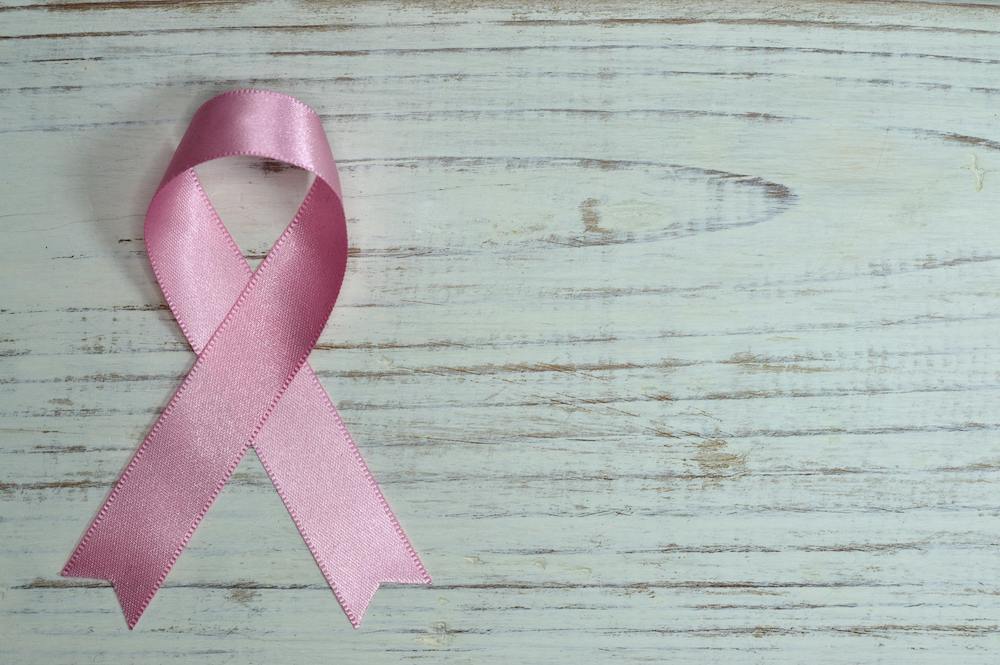
03
Jun
If you have a new cancer diagnosis, talk to your doctor about ways you can preserve your fertility before treatment.
In honor of National Cancer Survivor Day on June 2, 2024, let’s take a closer look at how cancer affects a woman’s fertility and some of the current options to preserve it.

27
May
No family, friend or partner wants to think about the possibility of their loved one suffering from postpartum psychosis. And, the truth is, it’s rare, affecting 1-2 women out of 1000. Perhaps the most famous case of postpartum psychosis is that of Andrea Yates, a mother of 5, who drowned each of her children in the family bathtub. They ranged in ages from 7 years old to 6 months.
Postpartum psychosis (PPP) is a psychiatric emergency that requires immediate hospitalization and pharmaceutical treatment such as mood stabilizers and anti-anxiety medications. PPP most often occurs in the first 2 weeks postpartum and the risk is increased with multiple pregnancies.¹

20
May
In honor of Maternal Mental Health in May, let’s look more closely at postpartum anxiety, panic, and obsessive compulsive disorders (OCD). Postpartum anxiety, panic and OCD are part of a broader classification of postpartum mood disorders, which also includes postpartum depression and postpartum psychosis.
Postpartum anxiety disorders are very common in women, often occurring immediately or within 4-6 weeks after giving birth. Postpartum anxiety is characterized by fearful and distressing thoughts or feelings after the birth of the baby.

13
May
Feeling down after giving birth? The hormonal fluctuations after giving birth can be a crazy ride because of the rapid drop in estrogen and progesterone that supported your pregnancy. Now that your baby is born, the high levels of these hormones are no longer needed. This phenomenon can lead to the Baby Blues, which affects 85% of postpartum women.²
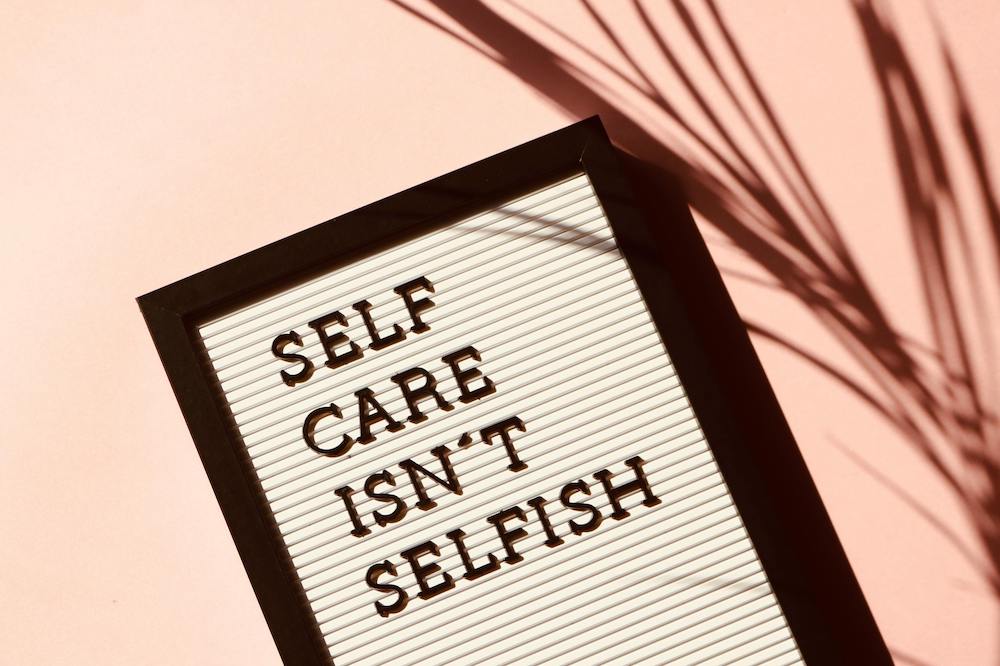
07
May
New motherhood, or repeat motherhood can sure pile on the stress. Sometimes it’s so gradual that we don’t notice it until we’re barely hanging onto the pace of work and family schedules; not to mention those pesky expectations we put on ourselves! May is Maternal Mental Health month. In honor of Spring and new beginnings, let’s look at realistic ways to reduce stress, depression and anxiety in motherhood.

29
Apr
Hey Mama! May is National High Blood Pressure Education Month with the Centers for Disease Control (CDC). It’s time to focus on the signs of high blood pressure, the risks, and what you can do to avoid it. This is especially important information for pregnant and postpartum women!
High blood pressure during pregnancy is called preeclampsia. Preeclampsia is a part of a spectrum of high blood pressure disorders that occurs during pregnancy: gestational hypertension (high blood pressure during pregnancy), preeclampsia, eclampsia, and HELLP syndrome.
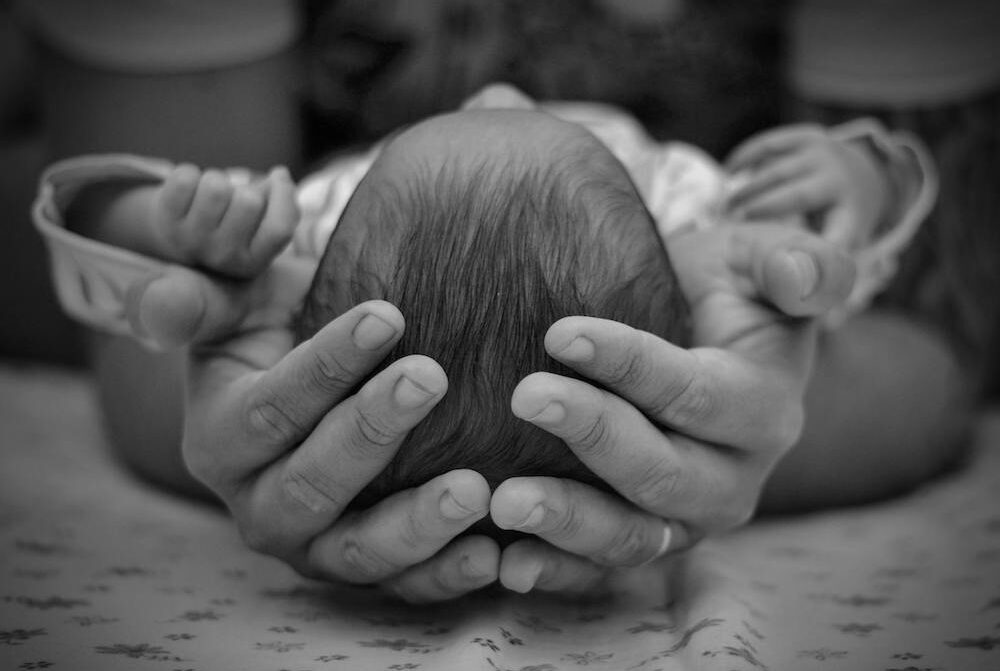
22
Apr
C-sections (cesarean sections) are fairly common these days. So common that some people may think having one is a breeze and the recovery is uncomplicated. But, a c-section is actually abdominal surgery.

15
Apr
New mothers sometimes forget… since it took 9 months for your body to grow and develop a baby, it can also take months to feel “normal” again after giving birth. If you’re breastfeeding, you may not feel “back to normal” until after you’ve weaned. Many women never look and feel the same after giving birth. And, truly, why should we? A woman has grown, nurtured, and given birth to another person from her own body. As a result of this physiological process, some bodily changes will be temporary, others permanent. We encourage new mothers to embrace this reality and accept it as a loving initiation into motherhood.

08
Apr
Have you ever thought of what kind of childbirth you’d like to have? In one study about childbirth choices, almost half of women say they know what kind of childbirth they want before pregnancy.²
Often, childbirth choices are influenced by friends and family, social conditioning, and exposure to birth information online, on TV or in movies. These choices include preferred birth place, types of childbirth providers, pain control methods, as well as medical interventions commonly used in birth practices.
Perhaps you’ve imagined the type of childbirth you’d like to have too?